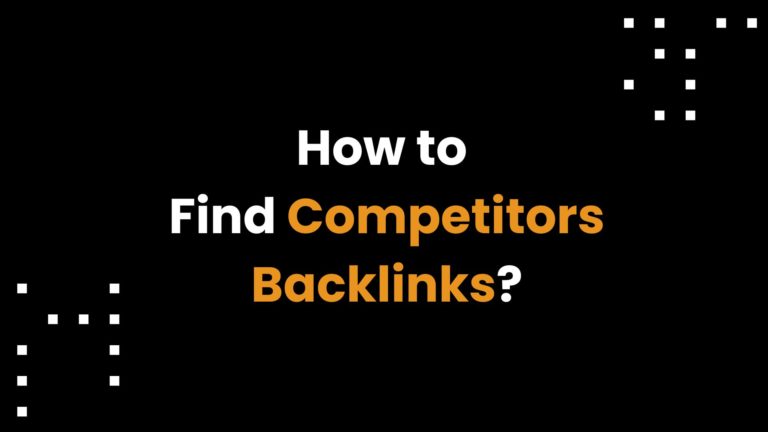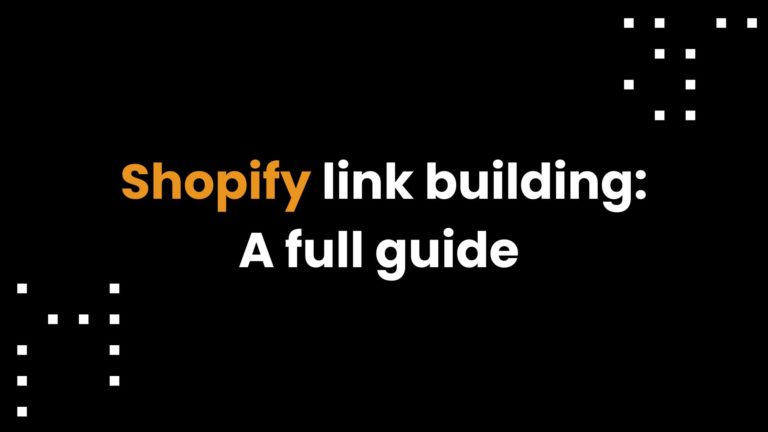What is link farming? Is it safe for your SEO? How to identify it? These questions often pop up in the minds of marketing specialists and small business owners who are trying to conduct link building on their own. If you’re one of them, you’ve found the right article – we shall answer all the above questions here! Enjoy your read!
What Is Link Farming? Definition
Link farming refers to creating large networks of websites created solely for the purpose of link building. As the name suggests, such networks are utilized to farm large numbers of backlinks. However, such sites usually have extremely low authority in the eyes of Google, hence using them may result in a penalty. At the same time, they might have high authority/ratings in SEO tools, like Moz, Semursh, or Ahrefs, so you cannot rely on them in this matter.

What are link farms used for? Apart from creating links to the particular website, they might also serve as a source of income for their owners, who can, for example, sell guest posts on them. This is why it is extremely important to screen the domains from which you are planning to buy guest posting space – there’s always a danger that you’ll pay for an article on a site that’s a part of link farm.
| TIP: You can buy guest posting from trustworthy sources with Linkhouse. We will find the right domains for your links and have our copywriters prepare high-quality articles based on your guidelines for you. |
How to Identify Link Farms?
If you cannot determine whether a site is part of a link farm or not with the basic metrics from SEO tools, how do you do it? This requires some on-site research. There are quite a few indicators that you should look out for, namely:
- Irrelevant or low-quality content – If the content is inconsistent with the website’s main theme or is simply bad, you’ve likely stumbled upon a link farm.
- Links to the same sites – Sites within a link farm typically contain numerous inbound links leading to other domains in the network, so look for backlinks leading to the same sites.
- Unnatural backlink profile – You can still use SEO tools to help you identify link farms, although you cannot rely on DA/DR scores. Instead, use Ahrefs or Moz to analyze the backlink profile – if it’s unnatural, the site is probably part of a link-farming network.
- Pages with just links – Some link farms might contain pages that only contain bullet point lists with links – that’s another indicator of a link farm.
- Simple/repetitive design – A link farm is supposed to be a quick way to rank up, so its principle is minimal effort in all aspects, including website design. Does the site have a simple, template-based design? Then, it might be part of a farm.
- Lack of text authors – Including the author of the text is crucial in terms of SEO, and not doing so is a mistake. While the lack of authors doesn’t indicate that the site is a link farm itself, it does if it checks other boxes from this list.
| PBNs vs. Link Farms: PBNs are not link farms – they are typically set up to boost a certain domain, not to bring profit. However, if the owner does sell links from them, they might be considered a farm. |
Why Is Link Farming a Thing, and Why Does Google Hate Them?
Link farms first emerged in the early years of search engine optimization because Google hadn’t evaluated backlinks at the time – the only thing that mattered was their quantity. This changed with time (and new algorithms), with Google gradually phasing out this practice from the SEO specialists’ portfolio.
PageRank, Google Panda, Google Penguin, and Google SpamBrain (and its updates in 2021 and 2022) were all algorithms designed to detect spammy link building techniques. Hence, link farming has slowly grown into decline – it might still work sometimes, but sooner or later, it will cause a backlash. Therefore, instead of link farming, you should opt for other methods that enable you to acquire high-authority backlinks.
The Alternatives to Link Farming
Knowing that link farming goes against Google’s Webmaster Guidelines, you need to look for alternatives – other ways of getting high-quality links to your site. How can this be done safely and relatively quickly at the same time? Here’s a list of a few effective link building strategies for you!
Use a Link Building Marketplace
Google does not forbid buying links as long as they are acquired with ethical methods. This means that you can still purchase them quickly. However, you need to have a reliable, trustworthy provider, such as Linkhouse.
Our Link Building Marketplace is exactly what you need to build links to your website quickly without risking a penalty. All our links are acquired ethically from reliable domains. You know where your backlinks come from, so you don’t have to worry about getting them from link farms. At the same time, there are thousands of domains that you can choose from, which makes acquiring even a high number of links a piece of cake.
| Our Link Building Marketplace comes with over 60 filters to make your search for the perfect backlinks easier. At the same time, we offer you over 75000 domains to get your links from. Each offer includes the most important parameters of the site from major SEO tools: Ahrefs, Semrush, Majestic, and Moz. |
Create Linkable Assets
Infographics, charts, tables, expert articles – all of these are bound to encourage users to share your content and hence create links. Use them to your advantage and enjoy a steady flow of new backlinks leading to your web pages.
Use Automated Link Building Tools
If you want to acquire links quickly but know you should avoid link farms, use automated link building tools like our Link Planner. They will enable you to create whole campaigns quickly while still basing them on high-quality links from reputable websites.
Analyze Your Competitors
If you want to get a lot of links quickly, it’s best to compare your site to your competitors from search engine ranking. This way, you’ll get a list of tens of links that they have, and you don’t, and all that will be left to you is acquiring them.
How to do this? There are three options:
- Analyze the competition yourself – Use SEO tools to examine the backlink profiles of your competitors’ and your websites. It might take some time, though, especially if you don’t have any experience with the subject matter.
- Get a professional SEO freelancer/agency to do this – An off-site SEO specialist can analyze the differences for you. It might be a tad more expensive than if you do this on your own, but it will take less time, and such an analysis should be thorough.
- Use our Backlink Gap module – Our platform comes with a Backlink Gap – an automated tool that will display the links that you don’t have and your competitors do for you. All you have to do is enter your website’s URL and the domains of your competitors. Plus, you’ll get offers to buy those links right away – it’s the ideal golden means between analyzing your competitors yourself and hiring a pro.
The Takeaway
What is a link farm? It’s a network of pages exchanging links with each other, designed to sell links. Using them is a black-hat SEO technique and is actively penalized by Google. Thus, tempted as you might be, don’t try to buy links from them – opt for safer alternatives like link building marketplaces, automated tools, and creating linkable assets.
FAQ
How can I identify a link farm in SEO?
To identify a link farm, look for indicators such as irrelevant or low-quality content, numerous outbound links to the same sites, and a simple or repetitive design. Link farms often have pages with just links and lack text authors. Using tools like Ahrefs or Moz can help spot unnatural backlink profiles. Linkhouse can assist in finding high-quality, legitimate links.
Why does Google hate link farming?
Google hates link farming because it is a manipulative technique that attempts to artificially inflate a website’s ranking in search results. Link farms, which are often spammy networks of sites, violate Google’s guidelines and can result in penalties. Instead of using link farms, focus on acquiring links from high-quality content to boost organic traffic.
What is the difference between a PBN and a link farm?
A PBN (Private Blog Network) is a group of websites created to boost the ranking of a specific site, while a link farm is a network of sites exchanging links primarily for profit. Both can be considered manipulative, but link farms are more directly associated with spam.








